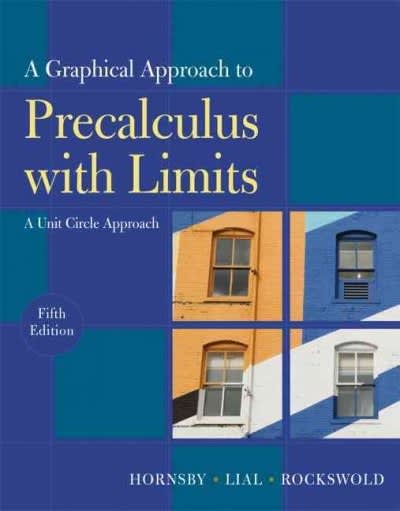Question
You are the owner of a local grocery store. Recently, some of your customers bought mangoes that you've imported from the Philippines, only to find
You are the owner of a local grocery store. Recently, some of your customers bought mangoes that you've imported from the Philippines, only to find that they had no flavor. From the amount of customer complaints, you estimate that 20% of the imported mangoes you've sold have been flavorless. There have also been some complaints about the locally grown mangoes you sell, though they have been reported to be lacking in flavor far less frequently. You estimate that only 5% of them have been flavorless. Imported and locally grown mangoes are the only kinds of mangoes you carry: 40% of them come from the Philippines and 60% are grown on the island.
You have an unmarked crate full of mangoes in your storeroom and want to determine whether they are imported or local. You taste one from the box and it tastes flavorful.
1. Based on the evidence provided by the first mango tested (which happened to taste flavorful), what is the probability that the crate contains mangoes imported from the Philippines? Make a legend and then list all the relevant outcomes along with their respective probabilities. (3 pts.)
2. After tasting the first mango, you decide to try a second mango from the same crate. The second mango also turns out to be flavorful. In the light of this second piece of evidence, use Bayes' rule to revise your belief that the crate was imported from the Philippines. (3 pts.)
3. At the beginning of Prediction by the Numbers, the narrator observes, "...But more recently, that is, the last couple hundred years, to see into the future, we've turned to science... and made some remarkable predictions -- from the existence of Neptune or radio waves or black holes to the future location of a comet with such precision [that] we could land a space probe on it.
But if you pop the hood of science, inside you'll find a field of applied mathematics that's made many of those predictions possible... statistics. 'Statistics is kind of unique. It's not an empirical science itself, but it's not puremath, but it's not philosophy either. It's the framework for language, the rules by which we do science.' 'From that we can make decisions, we can make conclusions, we can make predictions. That's what statisticians try to do.' 'Why I love statistics is that it predicts the likelihood of future occurrences, which really means it's the best crystal ball that humankind can have.'"
How do you interpret this rather bold statement? (2 pts.)
4. In addition to the breakthroughs in machine learning and big data are the deep ethical challenges that come with them. For instance, how much should we trust predictions made by algorithms if we don't understand how they were computed? Suppose you're a cancer patient, how comfortable would you be with a "black box," rather than a board-certified physician, decide what dosage of chemotherapy to prescribe? Or a loan applicant whose application will either be approved or declined based on the evaluation of a software program? Or an employee whose job performance and future with a company will be determined by machine learning software? In other words, how do we ensure that the programming going into these algorithms is in fact reducing existing social problems rather than perpetuating them? (2 pts.)
Please put answers and explanations seperately.
Step by Step Solution
There are 3 Steps involved in it
Step: 1

Get Instant Access to Expert-Tailored Solutions
See step-by-step solutions with expert insights and AI powered tools for academic success
Step: 2

Step: 3

Ace Your Homework with AI
Get the answers you need in no time with our AI-driven, step-by-step assistance
Get Started


